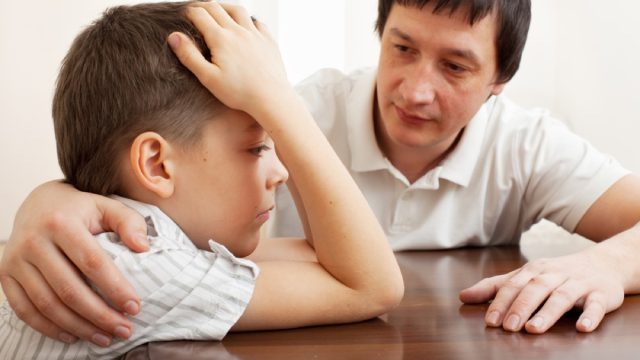What Is “Snowplow Parenting”? A Childhood Development Expert Explains

We’ve all heard of helicopter parents. But the newest parenting style to make headlines is called “snowplow parenting,” and—according to experts—this is one trend that you shouldn’t consider adopting. Like helicopter parents, snowplow parents are obsessed with their children’s success. But while helicopter parents are more likely to hover over their kids and monitor their every move, snowplow parents instead tend to clear any obstacle that could get in their child’s way. That can be as minor as calling their college-aged kid to make sure they don’t sleep through a test to something as major as the infamous college admissions scandal. But in reality, snowplow parenting can have the opposite effect on a child’s real-life success. “By not allowing your child to make choices [and] to overcome real obstacles, you are setting your child up for failure, not success,” says Chelsey Sullivan, an early childhood development and education specialist at Book Nook Enrichment in New York City.
Snowplow parenting is a reflection of a greater societal trend in the U.S. when it comes to raising kids. A 2019 Cornell University study of more than 3,600 parents found that the vast majority of participants considered facilitating all of their children’s activities to be “good parenting,” even though experts note that this robs children of the ability to develop independence and makes it harder for them to make decisions later on. “When little ones are young, you do have to guide them, give them direction and teach them what to do and what not to do,” says Sullivan. “But taking away their agency, their independence, and their decision-making skills is severely detrimental to creating a strong-minded adult.”
According to Sullivan, giving a child the ability to make decisions is “an integral part of brain and emotional development.” She says that teaching children that their decisions have an impact on their lives and the world around them is empowering and helps build confidence. As counter-intuitive as it may sound, obstacles are a good thing, because overcoming them helps children develop a sense of pride and feel more capable of taking care of themselves as adults.
“An important thing to remember is that children thrive on power and achievement,” Sullivan says. “How can a child truly achieve if there is no obstacle to overcome? The victories are hollow and therefore the strength of character is lacking in the child. These parents think of obstacles as bad, but they’re not. They’re building blocks.”
But just because you shouldn’t be micromanaging your child’s life that doesn’t mean you have to leave them entirely to their own devices. Sullivan offered one simple scenario in which parents can find the balance between free-range parenting and snowplow parenting. “When a child is getting dressed in the morning, instead of allowing the child to pick out anything they want or picking out their outfits [for them] entirely, give them two or three outfits to choose from,” she says. “It’s a controlled choice, but it’ll give the child confidence and joy all day and build a long-lasting skill.”
Sullivan believes that giving your child the freedom to make little decisions like this throughout the day will not only be fun for them, but will also let them assert themselves, which may lead to less rebellion and fewer temper tantrums, too. It will also allow them to understand the basis of merit, thereby preventing them from growing up to be the entitled young people baby boomers seem to constantly be complaining about.